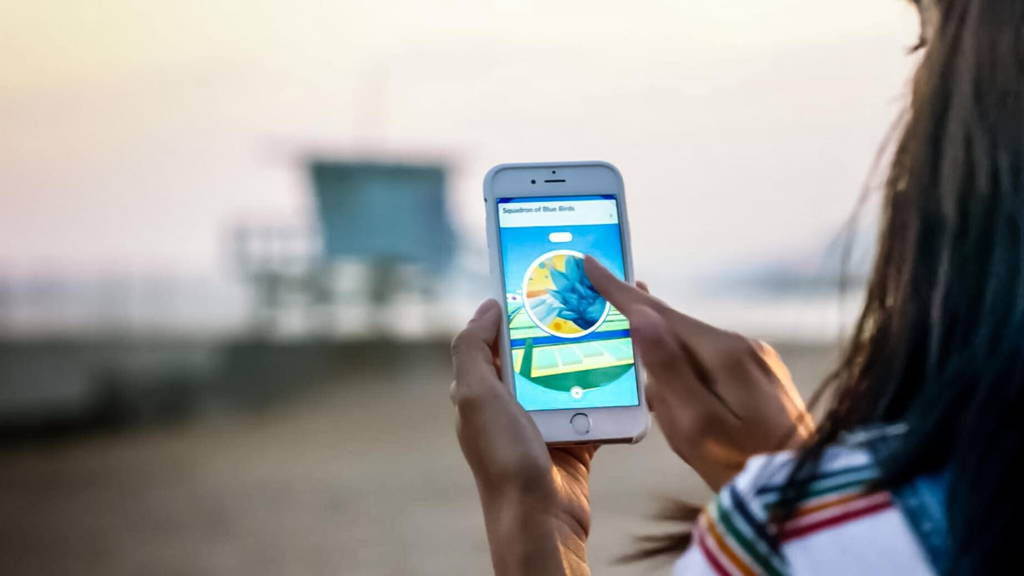Though some health and fitness apps can be pretty high tech – using sensors to capture date concerning functions such as heart rate or monitoring blood pressure – the mobile phone phenomenon has brought new health possibilities on a much simpler level.
Although many people in low- and middle-income countries (LMICs) own a mobile phone, far fewer of them own a smartphone compared to people living in high income countries. Simple text messages are increasingly being used as a tool in a number of healthcare-related settings. For example, giving information on what to do before, during and after child birth. Very basic but important mHealth.
The number of ISRCTN registered studies concerning mhealth and mhealth technology is growing fast. In a blog, ISRCTN database editor Alison Cuff (Biomed Central) looks at some of the directions this research is going. Though the potential seems huge, we’re just starting to get some evidence supporting this.
What is mHealth
MHealth, like Telemedicine and Health Informatics, belongs to the broader eHealth concept, encapsulating healthcare support though information technology. In the case of mHealth we’re looking at medical and public health support provided via the use of mobile devices such as tablets, personal digital assistants (PDAs) and mobile phones.MHealth technologies and applications range from the most basic text messaging systems to highly interactive smartphone apps. Examples of text messaging services include appointment reminders, chronic disease management, laboratory results notifications and behavior modification tools (reminding people to excercise or take medication). There are also a number of studies researching the use of mHealth text messages in the ISRCTN registry, including one in Burkina Faso investigating whether they can encourage people with HIV to take their antiretroviral medication.
More advanced mHealth technologies are being used in a myriad of different ways. One study currently being run in Italy and Switzerland, is testing a more sophisticated smartphone app that gives parents information about the MMR vaccination though interactive phone software that includes videos, messages and a gaming element.
Monitoring health in communities
Mobile phone apps can also be used to monitor health in the community and manage patient’s health conditions from a different location. For example a recently published study, evaluated an mHealth app that encouraged better pregnancy tracking by health surveillance assistants in Malawi. Or the PANDA system, a program run in Madagascar which enabled health workers to remotely monitor the well-being of pregnant women, sending them appointments to attend a local hospital according to information sent to them by a mHealth app.Tackling mental health issues
Some research indicates that mobile apps can help plug current gaps in health treatments; most notably mental health issues. Data from the World Health Organization suggests some 50% of people with mental health problems in high income countries are not receiving the treatment that they need; this figure shoots up to a shocking 85% in LMICs.Internet-based cognitive behavioral therapy (CBT) treatments have been shown to be an effective alternative to face-to-face sessions. There is at the moment little evidence available to prove that the same could be seen for mHealth apps. It is an active area of research, however. This study, recently registered in the ISRCTN registry, for example, looked at helping people to manage their anxiety disorder via a mHealth game that helped them to control their breathing and ease their symptoms. Another group, located in Switzerland, are looking at whether a self-help program is more effective when provided via the web or via a smartphone app.

